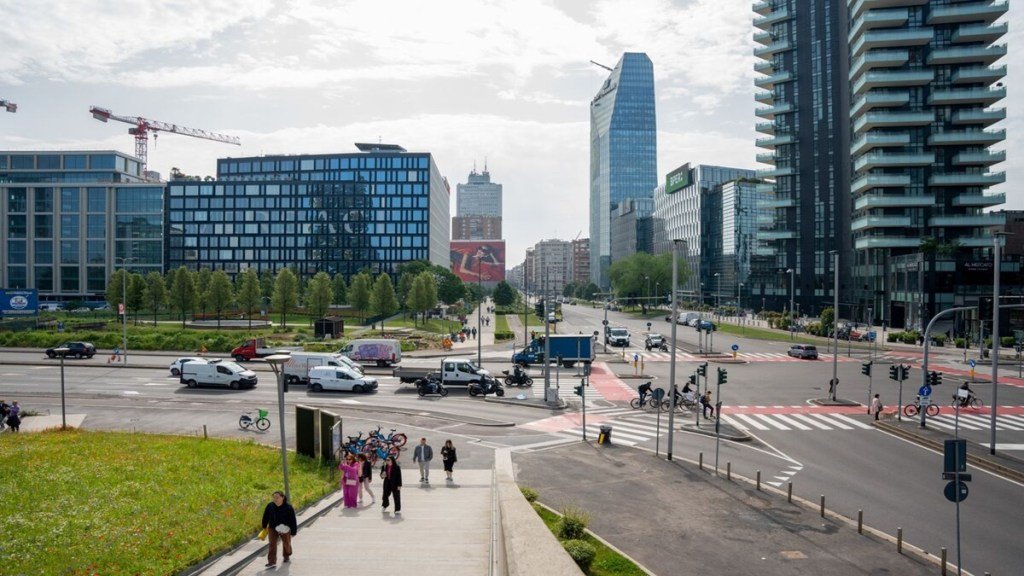
If house construction in Portugal does not accelerate, it is likely that property prices will continue to climb, especially with an added factor driving demand: the recent decline in mortgage interest rates.
In its latest economic report, released in early December, the Organization for Economic Co-operation and Development (OECD) highlighted the rise in housing costs across major advanced economies. Portugal saw the fifth-largest increase in house prices, with a 6.5% annual rise in October. The only countries experiencing larger increases than Portugal were the United Kingdom (7.1%), Canada (7.1%), Australia (6.7%), and Latvia (6.6%).
In recent years, housing supply in Portugal has struggled to keep up with population growth, largely driven by immigration. Strong demand for housing, coupled with the rebound in labor mobility after the pandemic, has contributed to sustained high prices and significant increases in rental costs across several advanced economies, including the United Kingdom, Canada, Australia, Latvia, and Portugal. According to the OECD, this trend has persisted despite restrictive monetary policies in many countries. It is worth noting that the European Central Bank (ECB) only began reducing interest rates in June, cutting rates by 100 basis points by December.




















